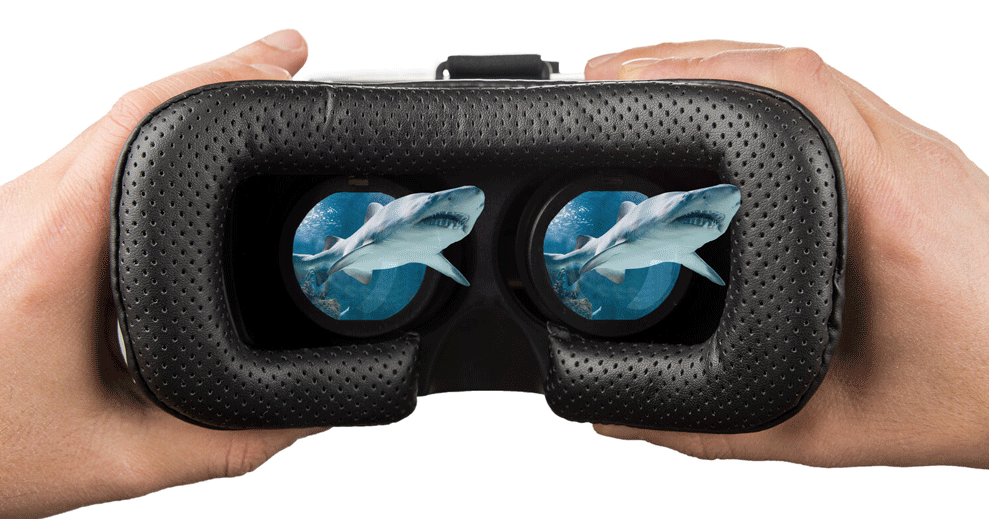
Virtual Zoos? No Thanks
Technology has evolved how we engage and experience the world. Some ideas seem desirable – until we put them into practice and allow their shortcomings to surface.
The COVID-19 shelter-in-place ordinances are putting many concepts to the test, including remote working environments, home-schooling, and virtual nature experiences. There are mixed results and many lessons being learned.
In some cases, work environments are being revolutionized; in other ways, communities are crippled. During these turbulent times, nobody knows what “normal” life will look and feel like when we come out the other side of this pandemic. One thing is certain – any proposal to permanently amputate real-world connections and replace them with virtual reality should be squashed.
A few months ago, pre-pandemic, a controversial idea was gaining steam: replace real zoos with virtual ones. Editorials questioned if zoos were still relevant in the modern age. Anti-zoo activists suggested that high-definition television and virtual reality were gripping replacements for seeing, smelling and experiencing real living and breathing animals.
If we learn nothing else from sheltering in place and socially distancing ourselves from other living creatures, it is that videos, animal cams and films are nice supplements – but not replacements – for physically connecting with others and actually experiencing nature.
The notion of zoos or aquariums going virtual was novel to ponder, hypothesize and gauge the public’s appetite for such a concept. How many people today – after our forced virtual-world trial – would support such an idea? Forever replacing real connections with screen time?
The global pandemic forced us to experiment with different ways of experiencing our world without physical contact. These virtual trials crystalize the reality that technology can’t replace the energy and chemistry of physical connection.
When we see ourselves as living organisms that are part of a living ecosystem, we come closer to understanding that we are all connected. People need nature – real, live nature – to feel whole. Cutting ourselves off from nature is unnatural.
When we emerge from the COVID-19 virtual world experiment, let’s hope the flawed concept of closing accredited zoos or aquariums and forever cutting off our children and grandchildren’s chance to experience living, breathing animals within our communities’ accredited zoological institutions goes the way of the dodo.


